Dr. Strangeletter; or, How I Learned to Stop Worrying and LOOOVE (resisting and refusing) AI
A picture-and-video-heavy meditation on teaching creative writing :)
It’s a goal of mine every summer to forget about work.
College professors get paid for 9 months of the year, and we get three unpaid months “off” (so, three months “unemployed”) each year — which accounts for our relatively low yearly pay (this is not a complaint; most people doing this work enter into it purposefully as a way to prioritize other things — their research, their art, their activism, their family — ahead of their day to day jobs, for at least a few months of the year). So to me (and many) it’s a moral imperative to make the most of the summer. But that’s hard to do because teaching really gets in your head.
This summer I forgot about work much more than usual. Over summer 2025, I pierced a nostril, obsessed over the safety of a friend caught unexpectedly in a war zone, turned 50 and had carrot cake with my mom and dad, watched a few subtropical sunrises over the Atlantic, bought (and made!) fancy jewelry, visited a friend who recently almost died, spent a whole day delayed in airports (with kids!), visited good friends we haven’t seen in person in 10 years, saw some mighty waterfalls, befriended a dog named Sheepish, learned to flame-work glass, read a bunch of books (You MUST read The Silent Patient), made some art, grew some crops, raised some pullets to blue-egg-laying maturity, helped my kids adopt a corn snake… and did a bunch of other stuff I’ve probably forgotten about by now. What did I NOT do? I did not sit around whinging or worrying about The Wretched State of the World, or, How Will I Teach Come Fall What With (Woe) The AI?
Forgetting about work for the summer might’ve been made easier by the fact that the Spring ’25 semester Was Not Great. Most of my students did not turn in LLM-produced pablum. In fact MOST of my students were honest human wordsmiths committed to crafting language with care using only their imaginations and critical faculties, AND were quick to anger re: LLM wordslop, AND would call out, by name, with rage-trembling livid lips the fellow students who, to their minds, were repulsive brainless cheats.
I use the word “repulsive” here advisedly and with care. DISGUST was a newcomer to my classrooms, and it made an impression on me. Last Spring, more than one student in more than one class articulated clear disgust for a fellow student’s LLM-related behavior. Students pointed across the room and declared themselves offended.
And then, just, on the whole, the stories my fiction students produced were (on average) unusually boring. Safer. More expected. Less wild and weird in that way that real amateur human-written stuff just wonderfully beautifully originally IS. I don’t believe this overall dulling effect came from the work being LLM-written so much as LLM-influenced, in the worst possible way: boxed off safely within corporate guardrails. Not all the stories. But some. And some is too much.
So the percentage of pablum was too high, the delight and surprise of human originality was too low, and among my students, mistrust of (and distaste for) peers festered like a low level infection. My students didn’t bond with each other in the way they typically have in my classes for the past 20+ years. And that was, to put it lightly, a bummer.
Therefore I spent the summer most decidedly NOT reading, or thinking, about AI or Sam Altman or Grok, or clicking on any clickbaitty headlines about the End of College and how Writing is Dead and so on. Because I am a flesh and blood, living, feeling, heart-thumping, loss-grieving human being who cherishes this life as my one and only romp in this vast universe of wonders.
But tomorrow I’m back in the classroom. I’m leading three new college classes. And so, having rested and recovered from the Spring, having lived and loved and traveled and marveled and delighted, I settled back in to work over the past week and completely re-structured my classes. The changes I made are not world-shattering innovations, they are just common-sense adaptations of method that will make it so, in my classes, my students will HAVE to think and create with their own beautiful human brains.
1. My First Year Seminar in Conversation just got a heck of a lot more conversational. It’s hard to argue with basing the grade on in-person and verbally-presented demonstrations of knowledge and skill when your subject is Conversation. This was the easy one.
2. My Senior Level Reading & Creating Comics Course used to require a series of “short analysis-response essays” (SAREs) which the students would compose outside of class and bring in, in response to the readings. No more. I’M BRINGING BACK BLUE BOOKS (aka “exam books”) and each SARE will be hand-written in a blue book at the start of class. I’ll give them the prompt along with the reading, so they have time to think on it before writing: I guess that means they could go home and ask an AI to answer the prompt, but then they’d have to memorize it, because they’ll be hand-writing the SAREs in class in a no-phones (etc.) testing type environment. I’ve also turned their final reflection essay into a live & interactive presentation. The actual comics the students make for class I watch them hand-draw over the entire semester, so I’m pretty sure we’re good there, but we’ll see.
3. My middle child will be my problem child: between First-Year and Senior-level there is Reading and Writing the Short Story, my “bread and butter” course that I’ve taught the most, a course that fulfills a writing requirement and so attracts students from across the university from every imaginable major, and at every stage of their college careers. The students in this course typically have the most FUN (with the exception of last Spring), in both their writing and their interactions in the class. Usually there’s a lot of laughter — the stories could be about death and loss and murder and doom and dysfunction all the rest, but always among the writers there was laughter.
Telling tall tales is such a delightfully human thing to do; getting better at it is highly gratifying; doing it with peers requires vulnerability and generosity, a give-and-take that makes us feel strong and understood, an assertive kind of belonging. Understanding and anticipating how your audience will respond to a story can feel like powerful magic. But this class more than any other asks students to leave class, and on their own, conjure up fiction, which is HARD, and then bring the fruits of that labor into class for discussion, which can be SCARY. And difficult things that make people afraid are also the things that can make people resort to stupid fucking chatbots.
I don’t want to read boring stories, and I don’t want my students feeling bitter towards one another. I need to get all of them to DO THE THING even if the thing is hard, because once they’ve done it, they’ll feel gratified — effort MAKES meaning — and then once they’ve observed their audience grappling with their story, they’ll understand their story from the inside in a way that they didn’t before. That insight is pleasurable. The rewards are built into the process. But the rewards don’t come unless you do the work. If you cheat, it can SEEM like you’re getting the rewards, it just won’t mean anything to you, you won’t feel anything, least of all “connection” with other human beings, and this is how we end up with pablum and revulsion.
It’s a new day in the college writing classroom, and the arms race, as usual, is not teacher v. student, but teachers AND students v. corporate scumbags who treat us like lab rats with credit cards. They want to stimulus-response us into brainlessness for the betterment of data and dollar extraction. I don’t blame the one kid whose every assignment was LLM wordslop, I pity him. His problems went deeper than any classroom assignment. He couldn’t think, he couldn’t connect. He didn’t even really know what the heck was going on. His days were lonely and empty and anxiety-ridden, the mirror reveals an imposter, and the eyes of his peers reflect contempt. He might think that’s what life is like for everyone, that all humanity lives in this same pointless drabscape of “tasks.” It’s like a living death. More than anything, I want to save this kid — he’s not the majority or the norm, in fact he’s the one the majority of students hates. But reintroducing him to his own imagination, helping him re-discover his own critical powers, would be so awesome. For him, for me, for his peers, for everyone. So I have to try.




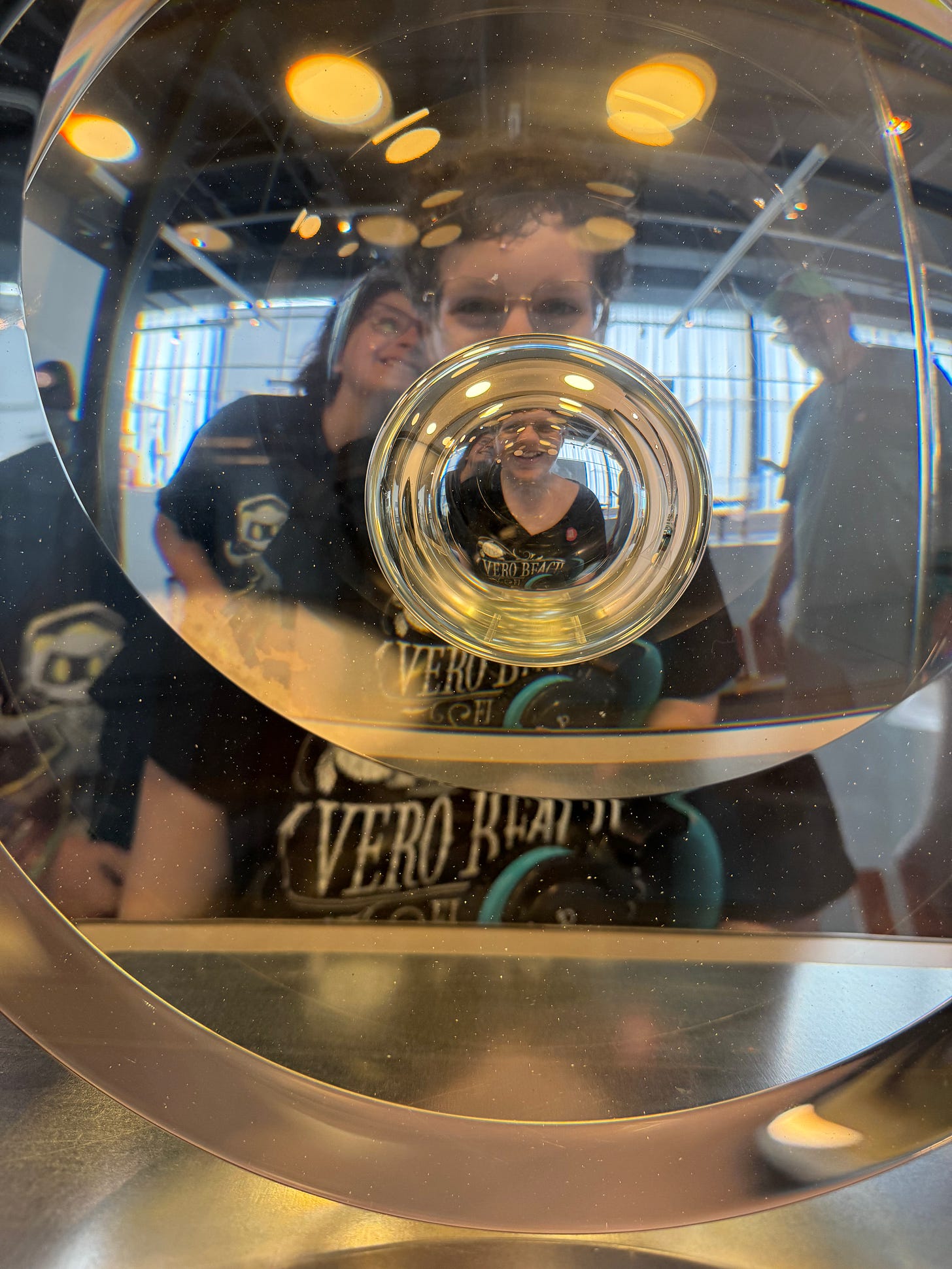
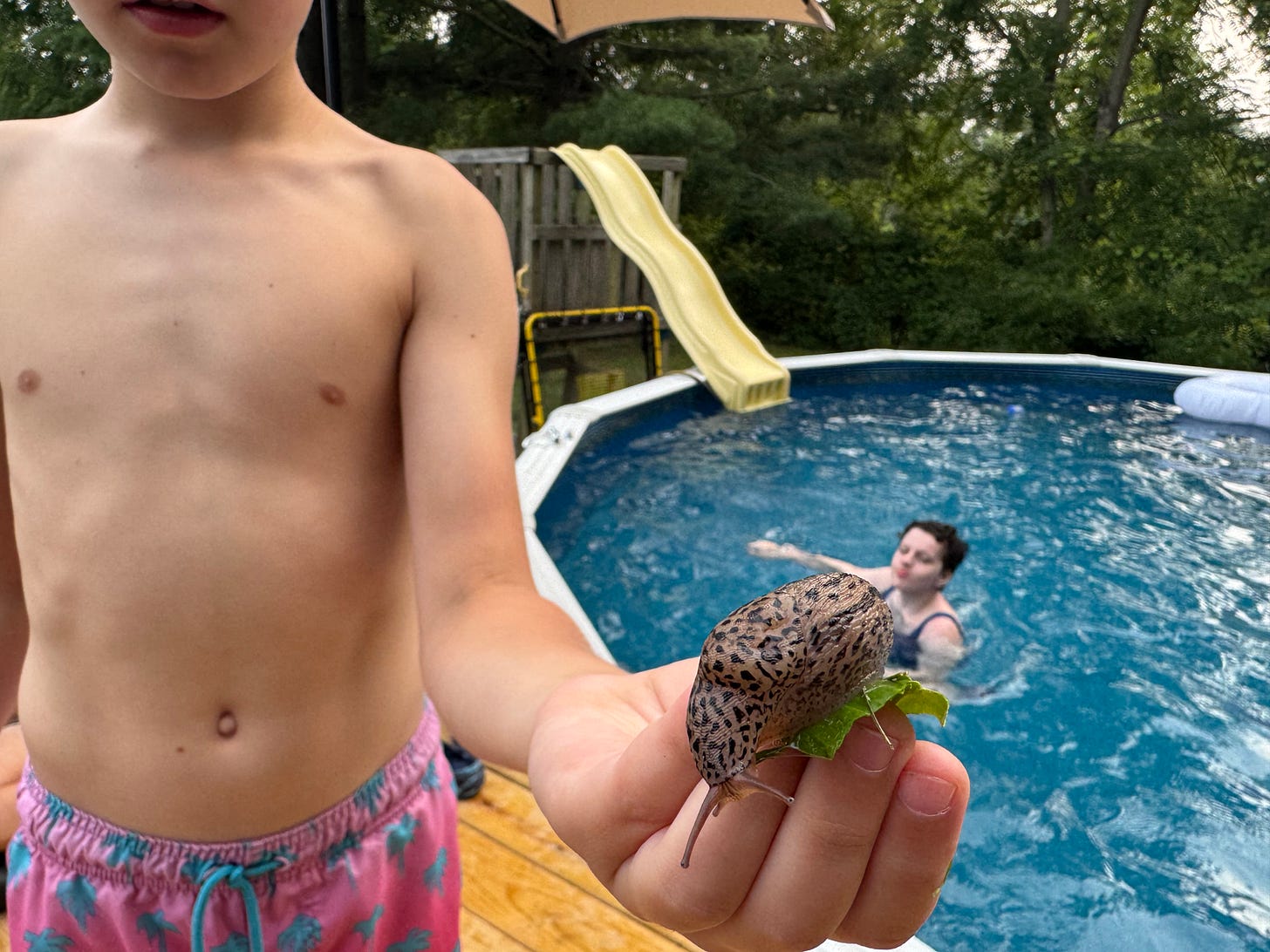
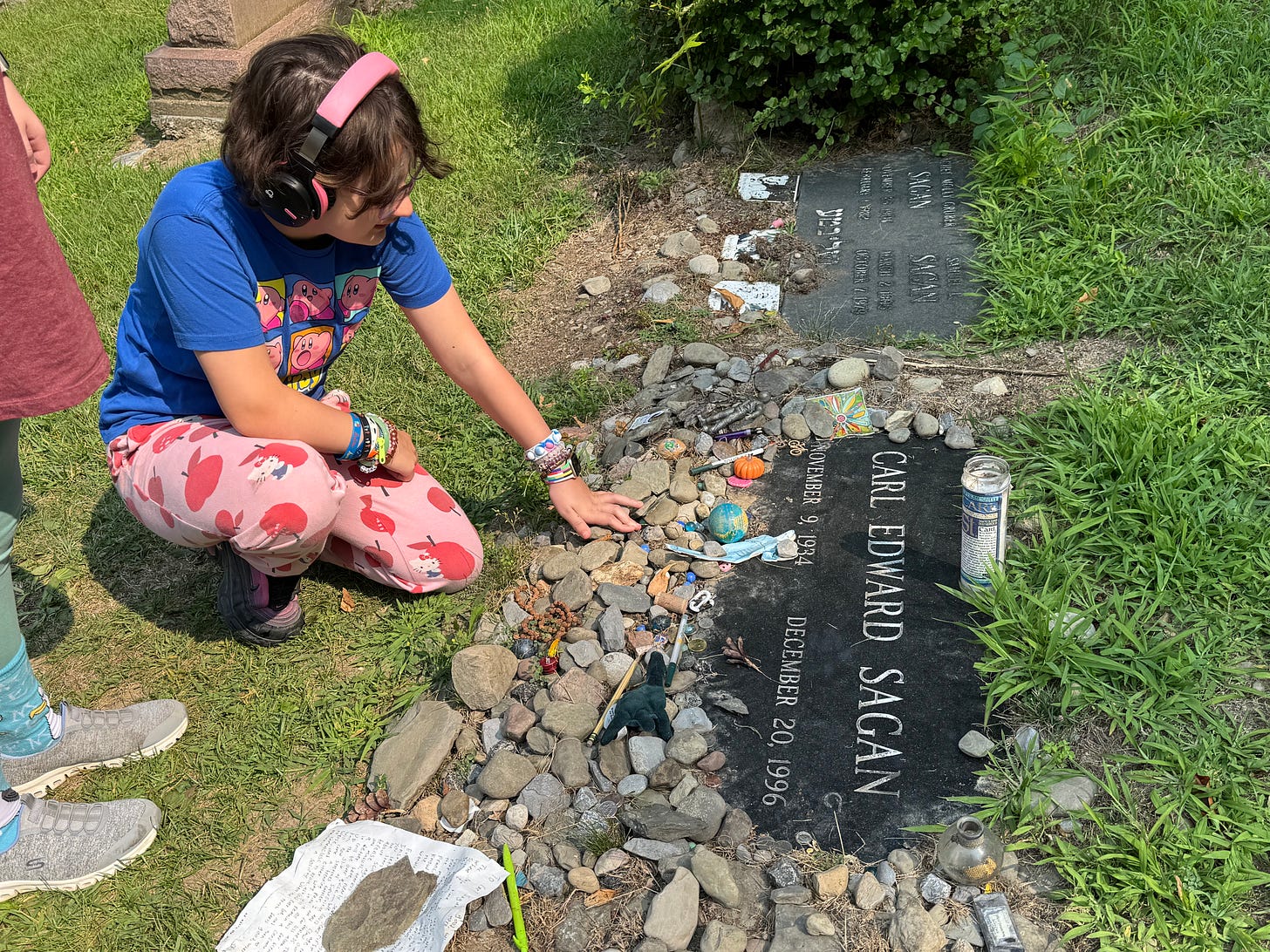
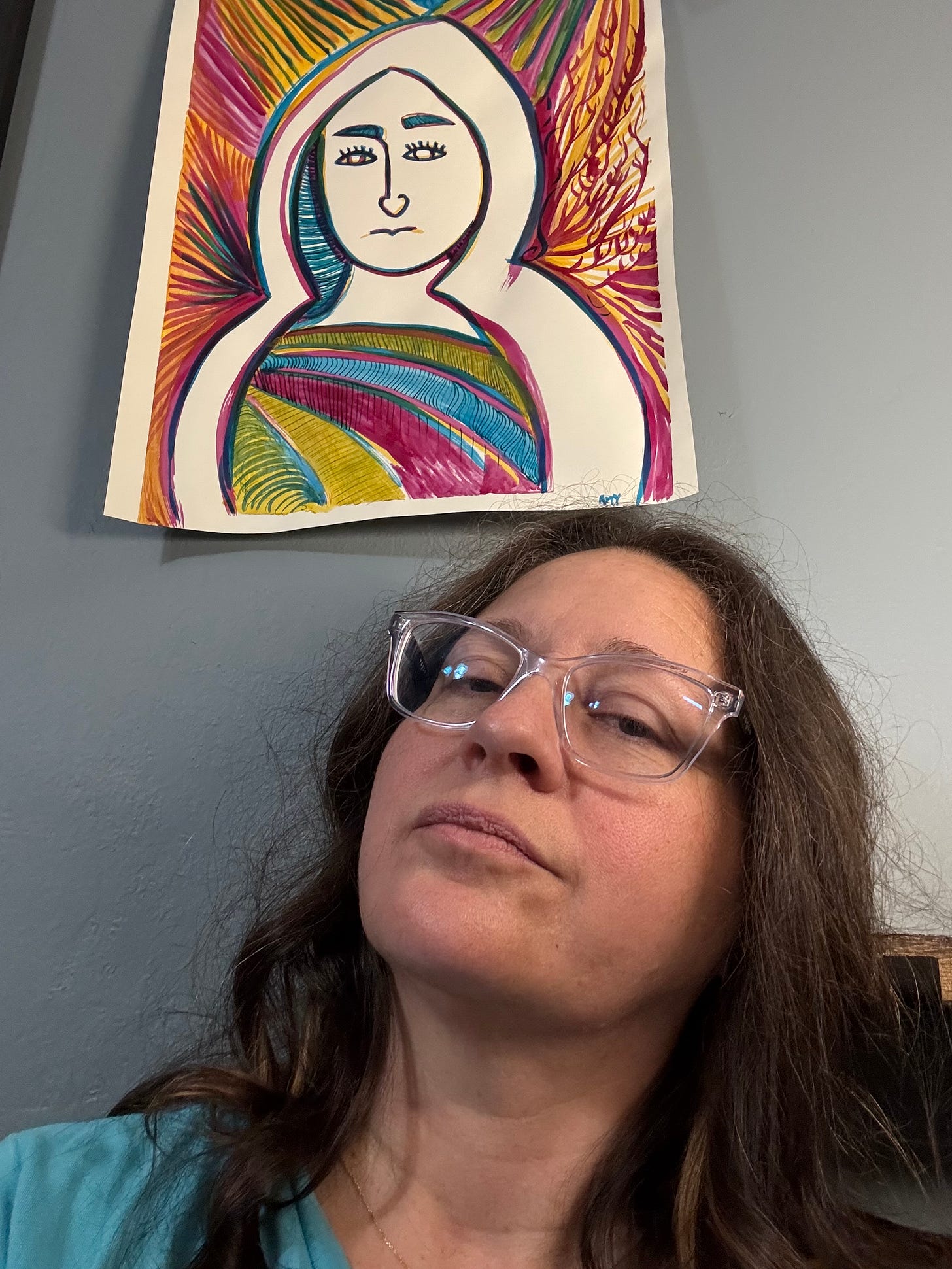
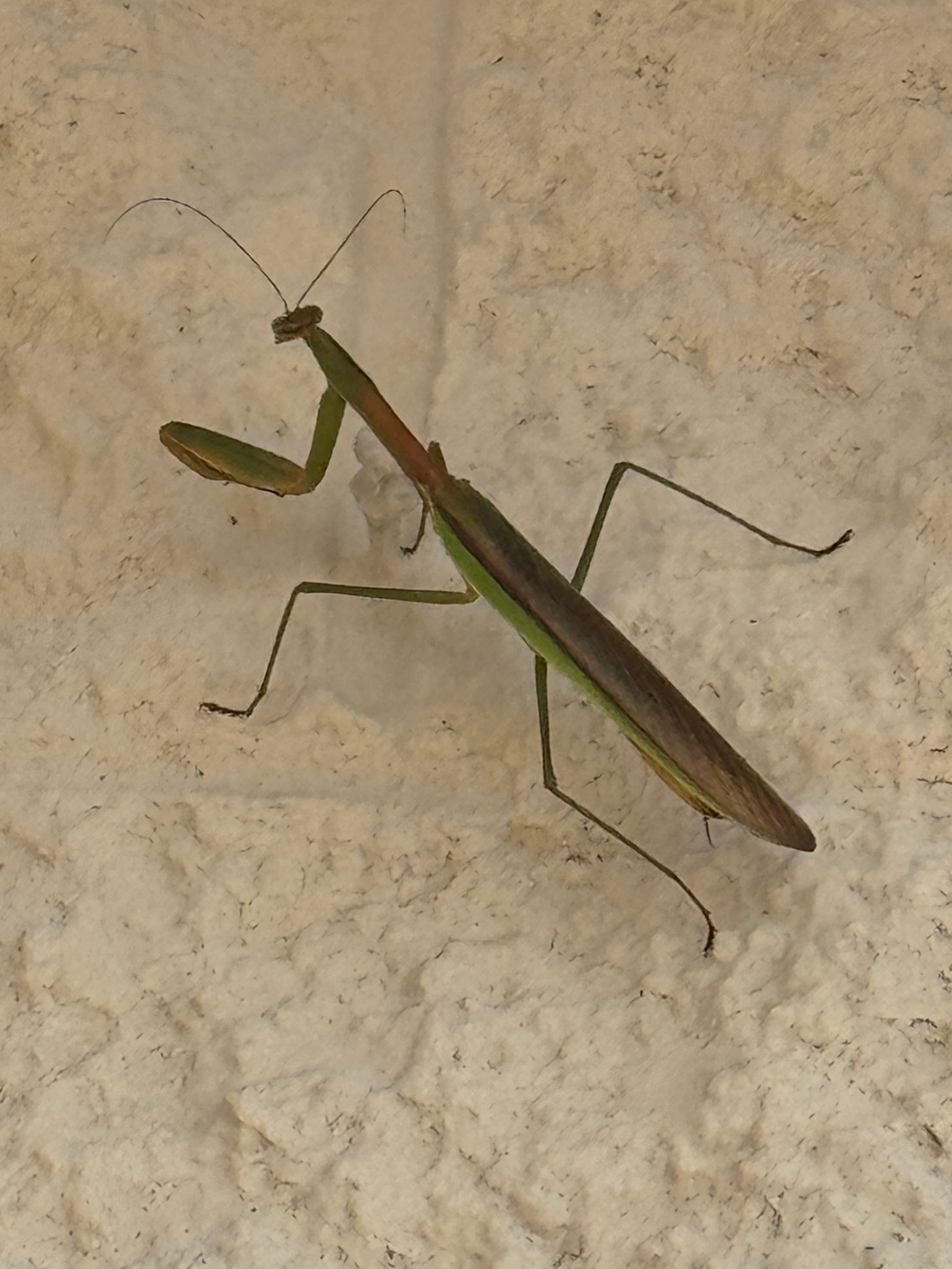
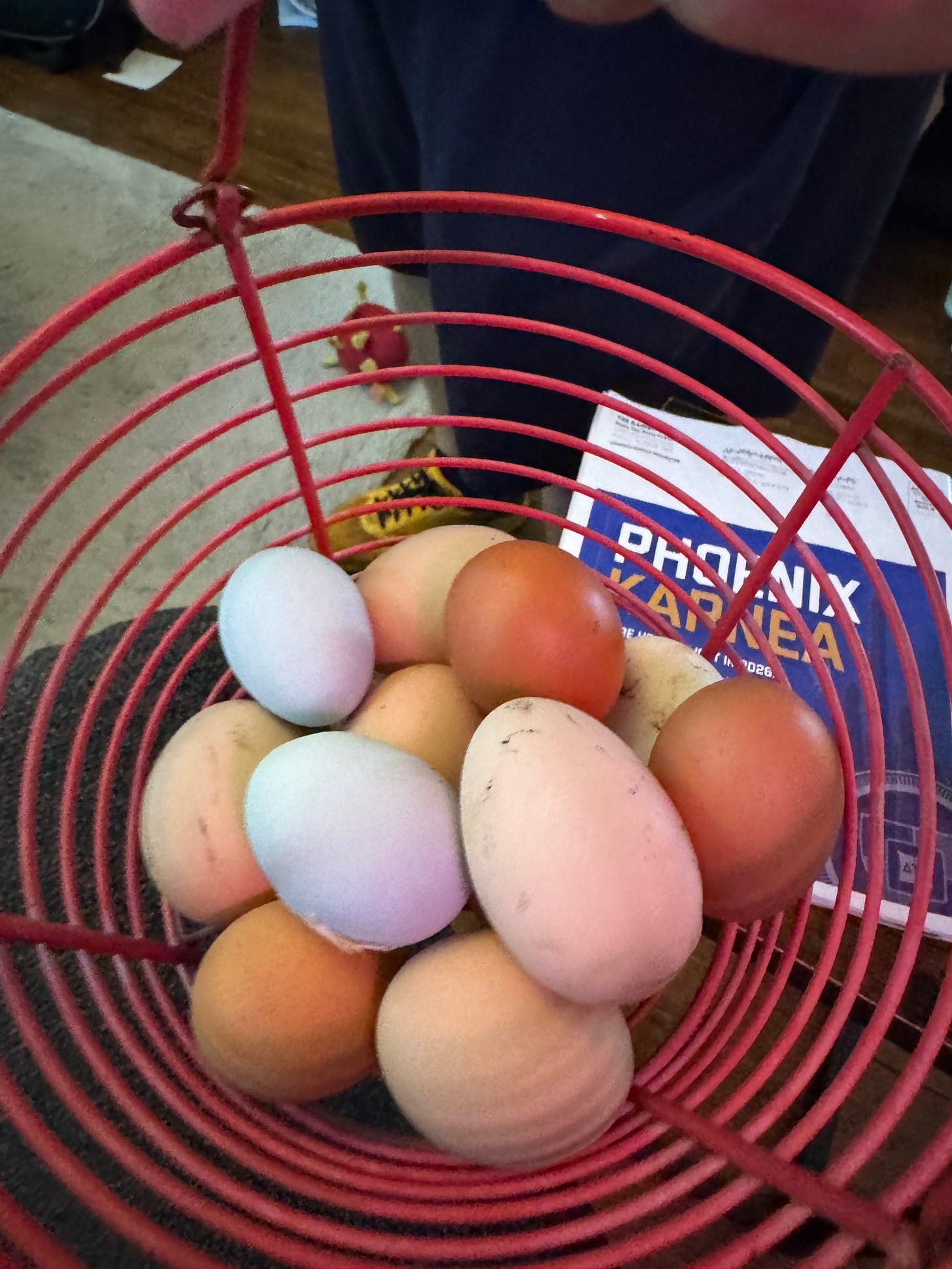
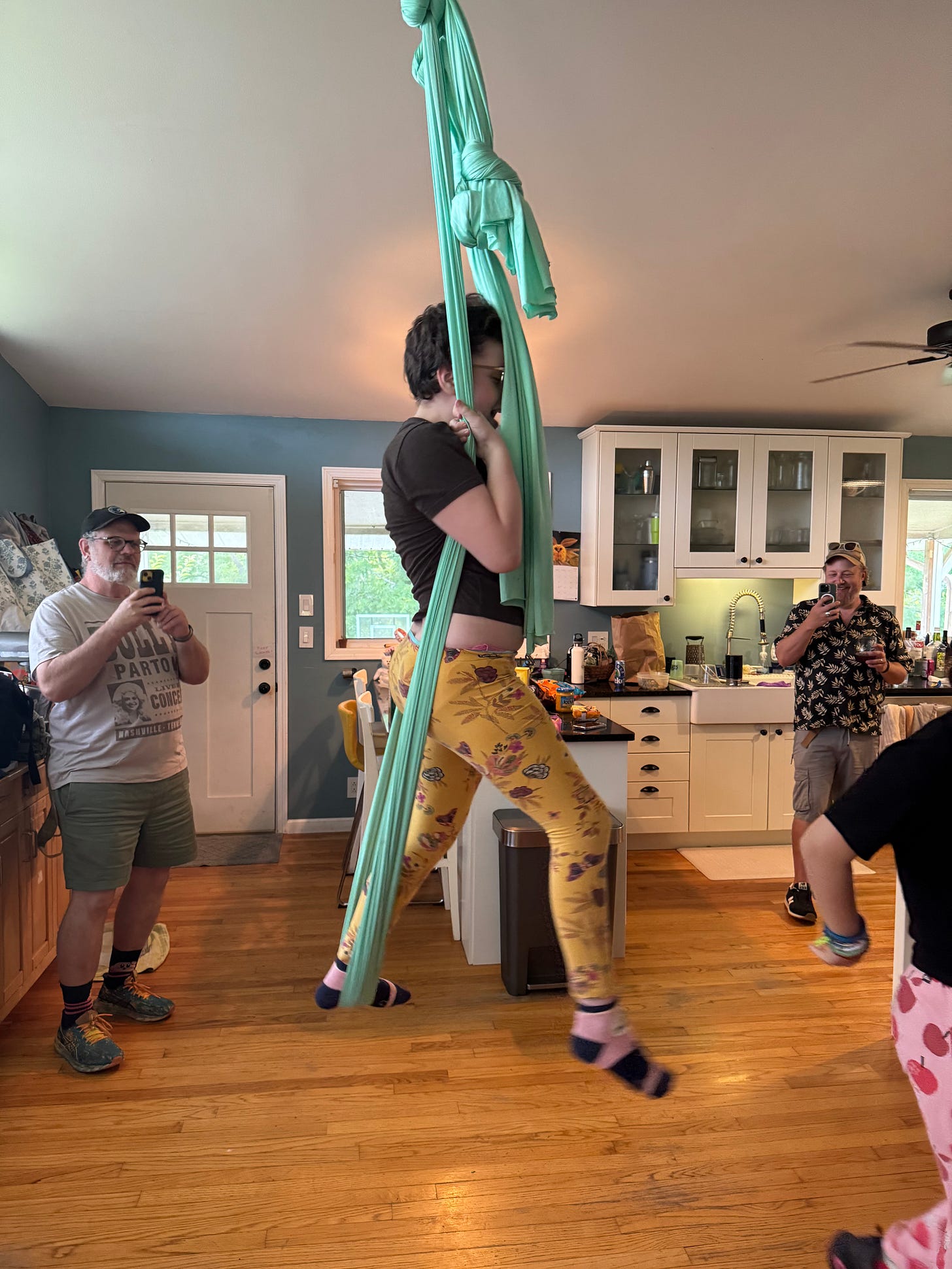
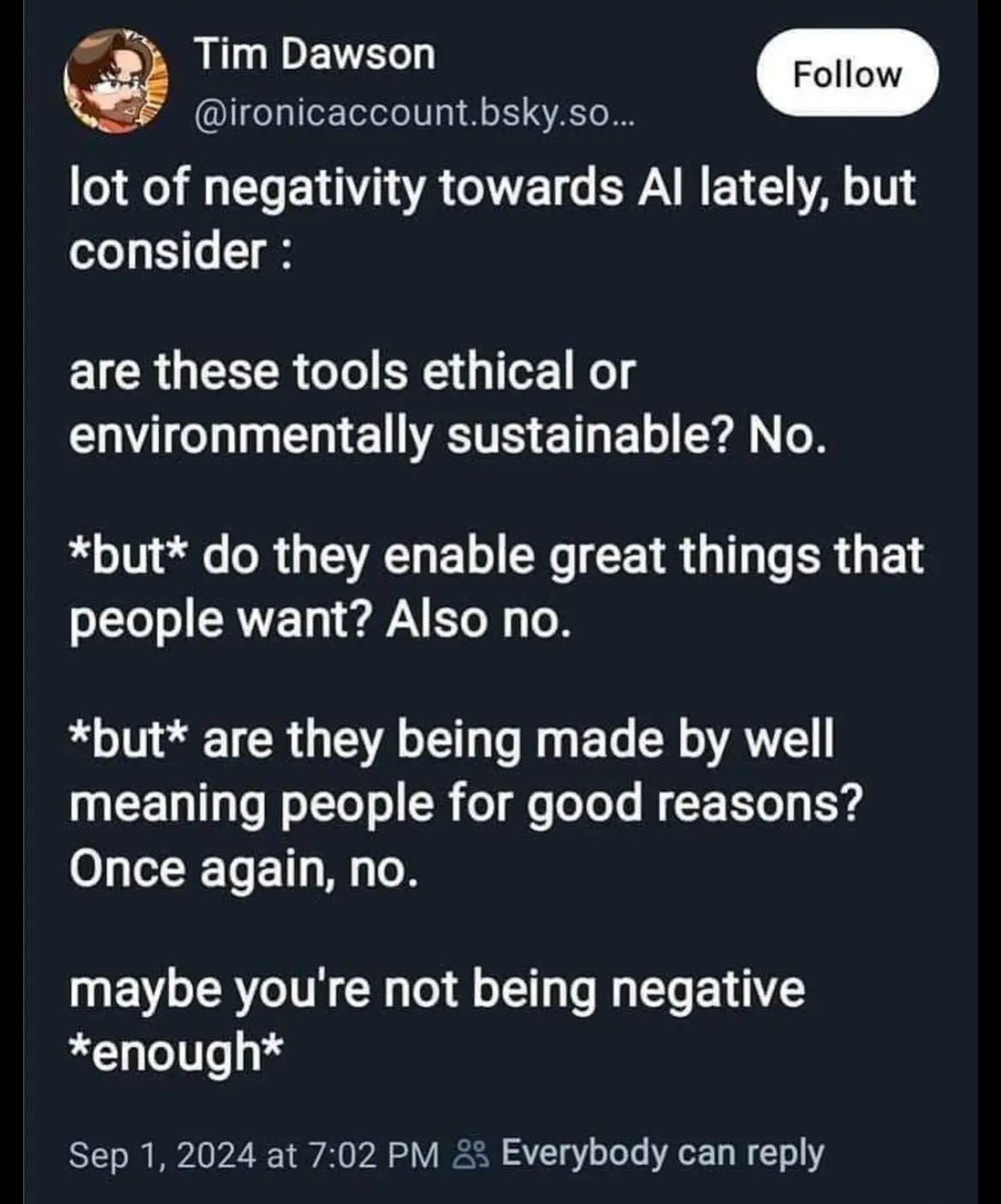


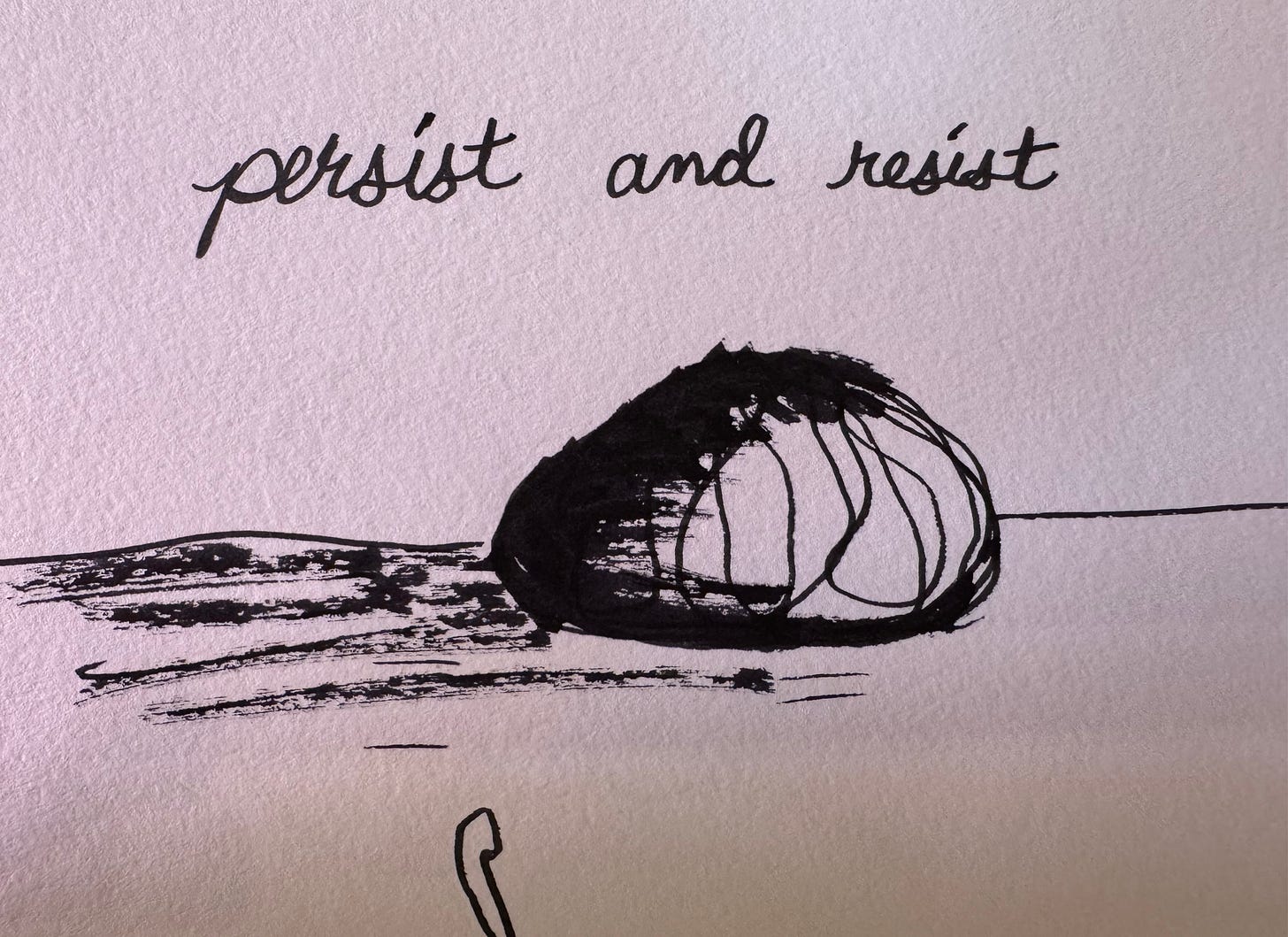
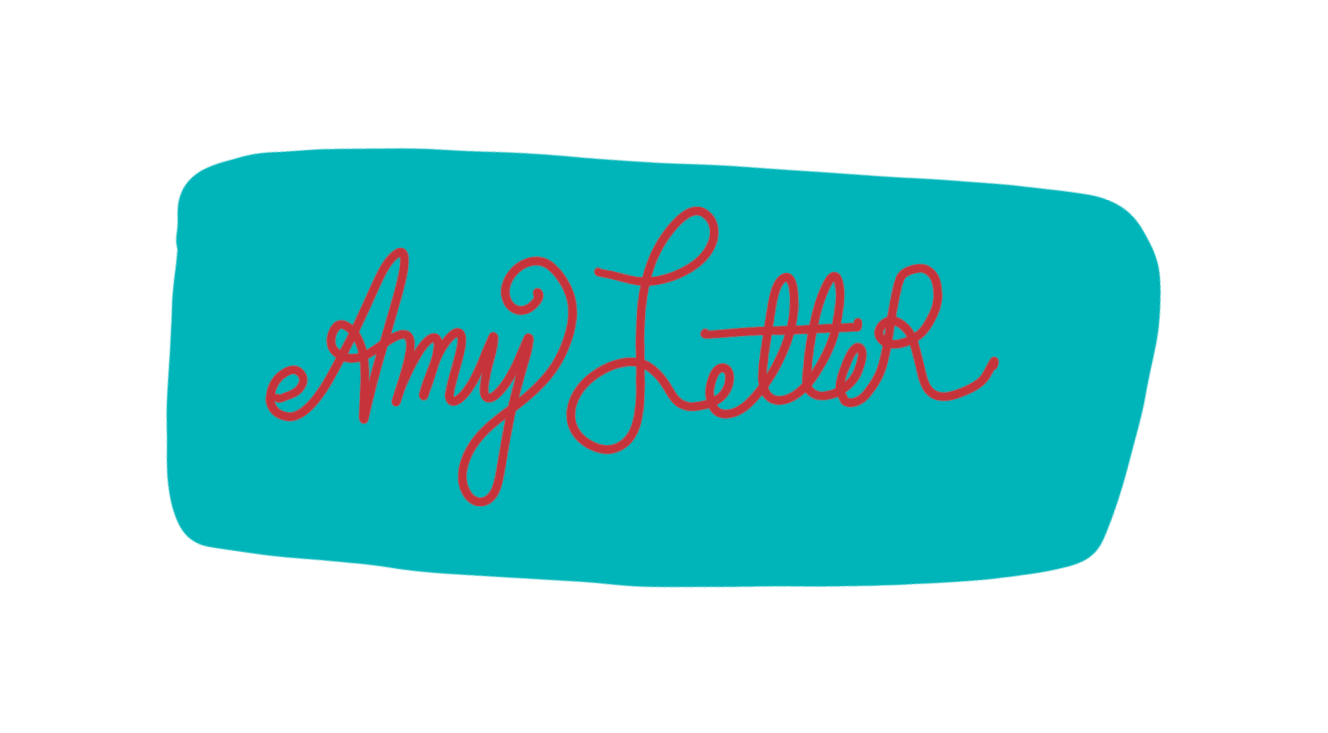
When I read your posts, I often wish I could sit in on your classes. I also often think I've missed something important when I read short stories. If I could, I would be front and center for your reading and writing short stories class.
I hope your students realize what a precious resource you are.
Love this perspective Amy. Effort MAKES meaning. Exactly.